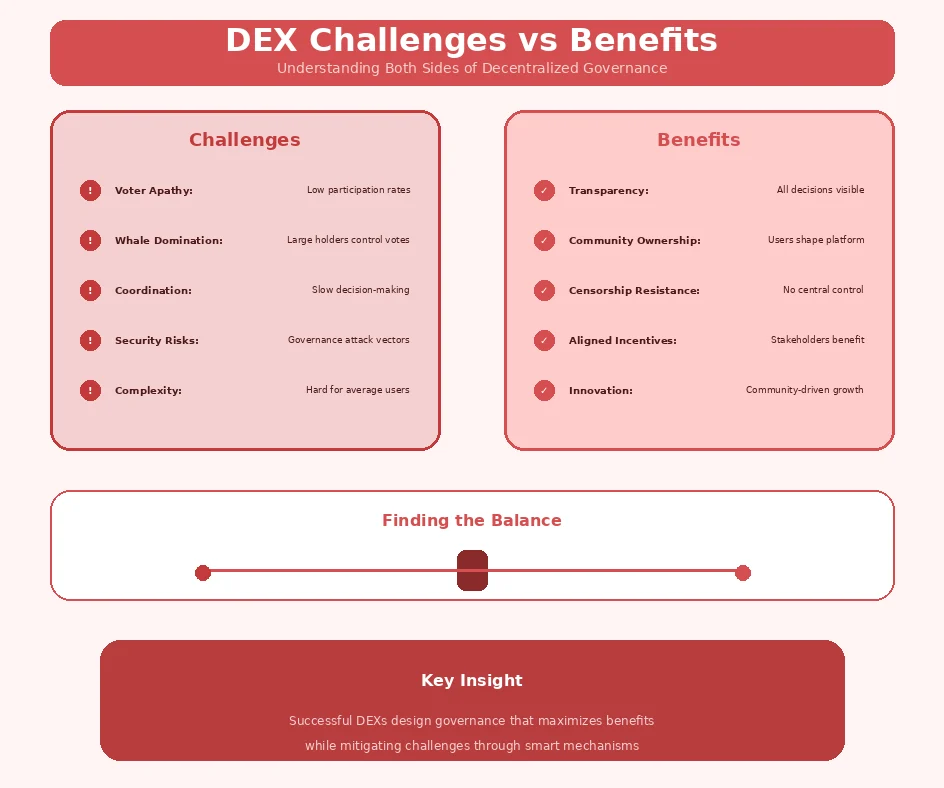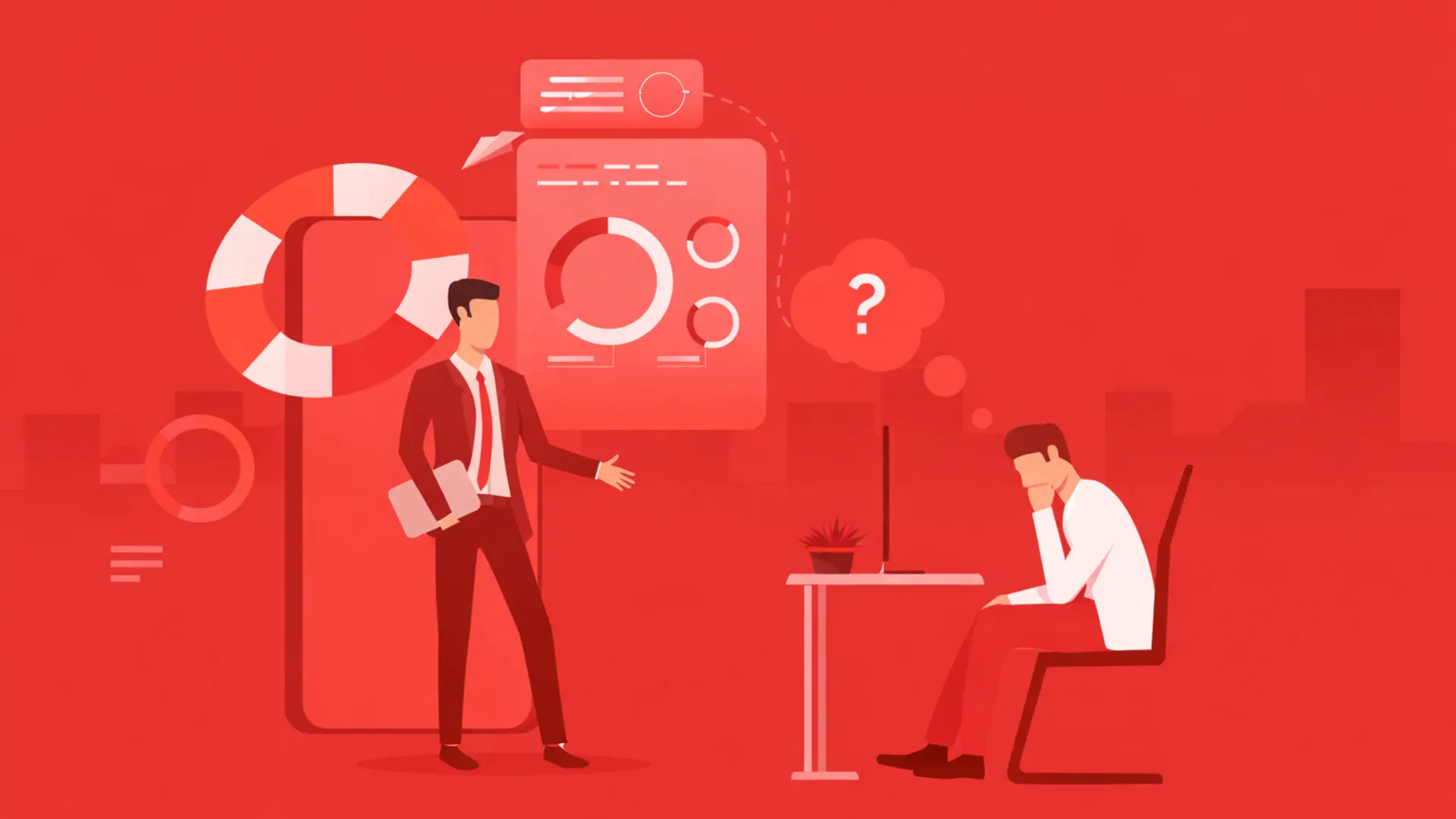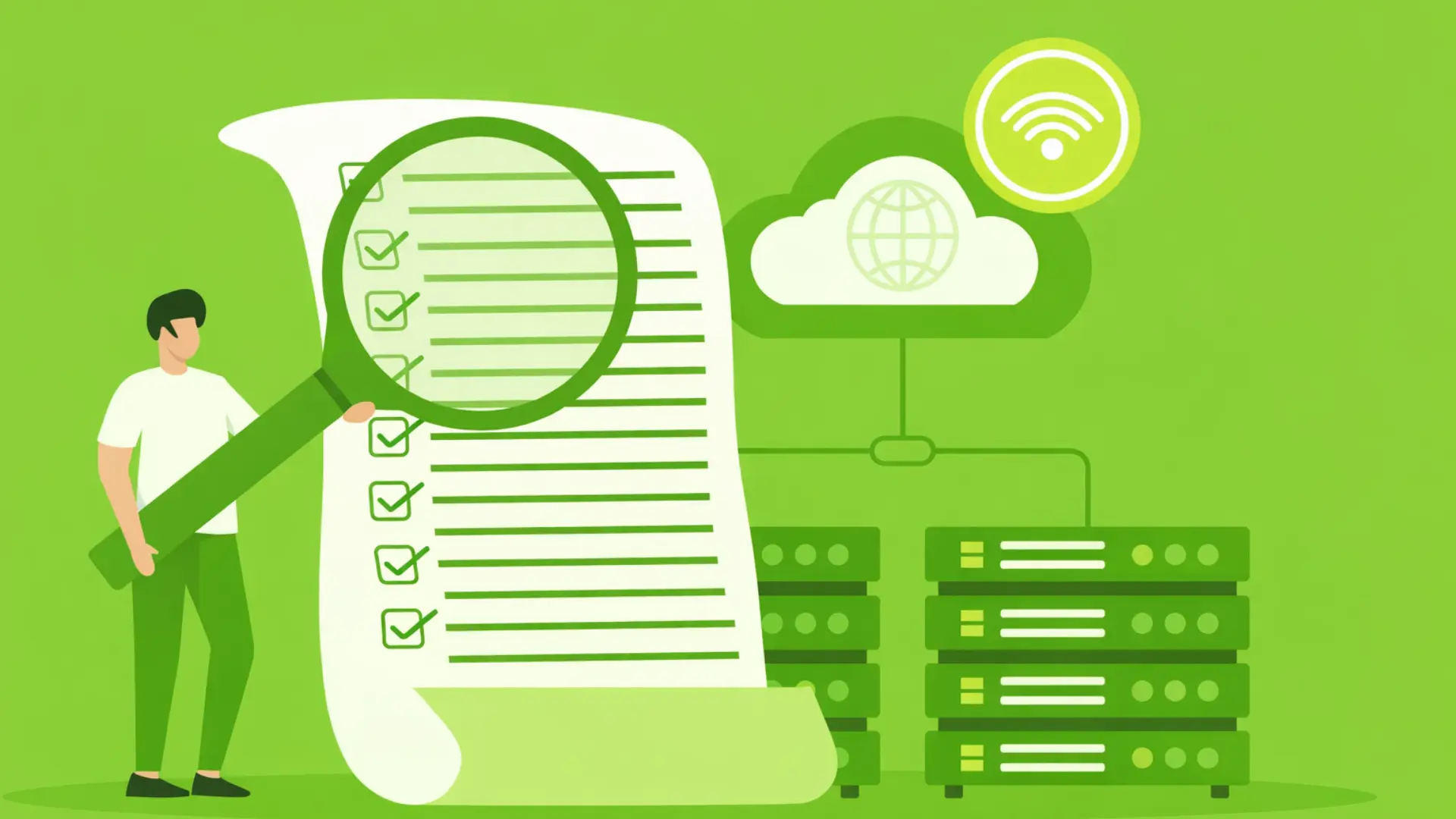Key Takeaways
- Decentralized exchange (DEX) governance enables community-driven decision-making through token voting systems, distributing control among stakeholders rather than centralized management.
- DEX challenges include voter apathy, whale domination of votes, smart contract vulnerabilities, and the complexity of coordinating decentralized communities effectively.
- DEX benefits encompass transparency, community ownership, censorship resistance, and aligned incentives between platform success and token holder interests.
- Decentralized trading platforms use various voting mechanisms including simple token voting, quadratic voting, and vote-escrowed systems to balance participation and commitment.
- Crypto exchange solutions increasingly incorporate hybrid governance models combining on-chain execution with off-chain discussion and signaling for efficiency.
- Effective governance requires informed participation, understanding proposal implications, and active community engagement beyond simple token holding.
- Incentive mechanisms including fee sharing, boosted rewards, and governance mining help align long-term stakeholder interests with protocol health.
- Future trends point toward more sophisticated governance systems with improved voter participation, better sybil resistance, and enhanced delegation mechanisms.
Decentralized governance represents one of the most significant innovations in how financial platforms operate and evolve. In the world of decentralized exchanges, governance determines everything from fee structures to security upgrades, making it essential for participants to understand both the challenges and benefits. This comprehensive guide explores how governance shapes DEX operations and what participants need to know for effective engagement.
Understanding Decentralized Exchanges (DEX)
Understanding decentralized exchanges requires grasping how these platforms differ fundamentally from traditional centralized alternatives. A decentralized exchange (DEX) operates through smart contracts that execute trades automatically, without intermediaries holding user funds or controlling order matching. This architecture creates unique governance requirements and opportunities that shape the entire user experience.
What Makes a Decentralized Trading Platform Different
What makes a decentralized trading platform different centers on the distribution of control and decision-making authority. Traditional exchanges operate under corporate governance with centralized management making all operational decisions. DEXs distribute this authority to token holders who collectively determine protocol direction through voting mechanisms. Building crypto exchanges with decentralized governance requires entirely different architectural and economic approaches.
The difference extends beyond technical architecture to fundamental philosophy. Decentralized platforms prioritize community ownership, transparent operations, and permissionless participation. Users can verify all protocol rules through open-source code, participate in governance regardless of jurisdiction, and maintain custody of their assets throughout trading activities.
Key Features of Decentralized Exchanges
Key features of decentralized exchanges include automated market making, permissionless token listings, transparent fee structures, and community governance. These features combine to create trading environments that operate continuously without downtime, censorship, or centralized points of failure. Understanding how trustless mechanisms enable secure decentralized trading provides essential context for governance design.
Token Trading Without Intermediaries
Token trading without intermediaries represents the core value proposition of DEXs. Smart contracts execute trades directly between users, eliminating the need to trust third parties with asset custody. This trustless execution extends to governance where protocol changes occur through transparent voting rather than unilateral management decisions. The absence of intermediaries creates both opportunities and challenges for effective platform governance.
On-Chain Voting and Decision Systems
On-chain voting and decision systems enable binding governance through blockchain execution. When governance proposals pass, smart contracts automatically implement changes without requiring trusted execution. This trustless implementation ensures that voting outcomes translate directly into protocol changes, creating genuine community control. However, on-chain voting carries gas costs and requires careful design to prevent manipulation.
Governance Principle: Effective decentralized governance requires balancing broad participation with informed decision-making. Systems that optimize for either extreme often fail to achieve sustainable community coordination.
Challenges in Decentralized Exchanges
DEX challenges span technical, economic, and social dimensions that governance systems must address. The distributed nature of decision-making creates coordination problems, while the permissionless environment introduces security considerations unique to decentralized systems. Understanding these challenges enables more effective participation and better platform design.
Security Risks in Crypto Exchanges
Security risks in crypto exchanges present significant governance challenges. Smart contract vulnerabilities can expose user funds, making security-related governance decisions critical. DEX governance must balance rapid response to threats with careful deliberation that prevents hasty decisions. Emergency response mechanisms, security councils, and timelocked upgrades represent governance solutions to security challenges.
Governance systems themselves can become attack vectors. Flash loan attacks enabling vote manipulation, governance token concentration enabling hostile takeovers, and proposal exploits targeting treasury funds all represent risks requiring careful governance design. Successful platforms implement safeguards including voting delays, quorum requirements, and guardian mechanisms.
Liquidity Pool Challenges and Management
Liquidity pool challenges include fragmentation across multiple pools, impermanent loss for providers, and efficient incentive allocation. Governance decisions about liquidity incentives significantly impact pool depth and trading experience. Understanding how protocol fees affect exchange economics reveals the governance trade-offs involved in fee and incentive decisions.
Ensuring Transparent Community Decision-Making
Ensuring transparent community decision-making requires open processes from proposal through implementation. Transparency includes clear voting rules, visible vote counts, public discussion forums, and documented rationale for decisions. Without transparency, governance becomes vulnerable to manipulation and loses community trust. Successful platforms invest heavily in governance communication and accessibility.
Risks of Token Voting Mechanisms
Risks of token voting mechanisms include plutocratic outcomes where large holders dominate decisions, voter apathy among smaller holders, and short-term thinking by speculators without long-term commitment. These risks can lead to governance capture where decisions serve narrow interests rather than broader community benefit. Alternative mechanisms like quadratic voting, conviction voting, and delegation systems attempt to mitigate these risks.
Governance Model Comparison
| Model | Mechanism | Advantages | Challenges |
|---|---|---|---|
| Token Voting | 1 token = 1 vote | Simple, clear alignment | Whale domination risk |
| Vote-Escrowed | Lock for boosted power | Rewards commitment | Capital lock-up required |
| Quadratic Voting | Cost increases quadratically | Reduces whale advantage | Sybil attack vulnerability |
| Delegated | Vote through delegates | Expert participation | Centralization risk |
Benefits of Decentralized Trading Platforms
DEX benefits extend beyond technical capabilities to encompass governance advantages that create more aligned, responsive platforms. Community ownership through governance creates incentive structures where platform success directly benefits stakeholders. These benefits attract users seeking alternatives to centralized control and enable innovation through community-driven evolution.

Enhanced Participation and Community Involvement
Enhanced participation and community involvement through governance creates platforms that serve user needs rather than corporate interests. Token holders can propose changes, vote on improvements, and actively shape platform direction. This participation creates ownership mentality where users become invested in platform success beyond their trading activity.
Community involvement enables diverse perspectives in decision-making. Rather than centralized teams making choices in isolation, governance surfaces ideas from users, developers, liquidity providers, and other stakeholders. This diversity often produces better outcomes than centralized decision-making limited by narrower viewpoints.
Incentive Mechanisms in DEXs
Incentive mechanisms in DEXs align stakeholder interests through economic rewards for beneficial participation. Governance token holders benefit from platform success through fee sharing, token value appreciation, and direct distributions. These mechanisms create positive-sum dynamics where individual and collective interests align. Understanding how trading mechanisms evolve in decentralized exchanges reveals governance’s role in enabling innovation.
Transparency in Trading Platform Operations
Transparency in trading platform operations represents a fundamental DEX benefit. All trades, fees, governance votes, and treasury movements are visible on-chain. Users can verify that the platform operates according to its stated rules. This transparency builds trust through verification rather than requiring faith in centralized operators.
Rewards for Active Token Holders
Rewards for active token holders incentivize engaged governance participation. Beyond passive holding, active participants who vote, delegate thoughtfully, or contribute to discussions may receive boosted rewards. This creates tiered participation where commitment levels correspond to benefit levels, encouraging the informed engagement that good governance requires.
Governance Proposal Lifecycle
| Stage | Phase | Activities | Duration |
|---|---|---|---|
| 1 | Discussion | Forum debate, idea refinement | 1-2 weeks |
| 2 | Formal Proposal | Structured submission, review | 3-7 days |
| 3 | Voting Period | On-chain or off-chain voting | 3-7 days |
| 4 | Timelock | Security delay before execution | 2-7 days |
| 5 | Implementation | Automatic or manual execution | Immediate |
How Token Voting Impacts DEX Decisions
How token voting impacts DEX decisions extends across all aspects of platform operations. From fee parameters to security upgrades, governance votes determine protocol evolution. The voting process translates community preferences into concrete changes, making participation meaningful for those who engage actively in governance processes.
On-Chain Voting for Trading Rules
On-chain voting for trading rules enables direct community control over core protocol parameters. Fee percentages, liquidity incentive allocations, and supported trading pairs can all be governed through on-chain votes. This trustless execution ensures that voting outcomes translate directly into protocol changes without requiring trust in implementation teams.
Off-Chain Decision Systems and Participation
Off-chain decision systems and participation provide gasless alternatives for governance signaling. Platforms like Snapshot enable voting without transaction costs, lowering barriers to participation. While off-chain votes require trusted implementation, they enable broader participation and more frequent decision-making than gas-intensive on-chain alternatives.
Encouraging Fairness and Accountability
Encouraging fairness and accountability in governance requires transparent processes and clear rules. Voting histories are publicly visible, creating accountability for governance decisions. Fair processes ensure that all token holders have meaningful participation opportunities regardless of holdings size, though achieving true fairness remains an ongoing challenge in governance design.
Balancing Power Among Token Holders
Balancing power among token holders addresses the concentration risk inherent in token-based governance. Mechanisms including voting caps, delegation systems, and quadratic voting attempt to ensure smaller holders retain meaningful voice. However, perfect balance remains elusive as motivated actors find workarounds to concentration limits. Understanding how successful decentralized exchanges implement governance systems reveals practical approaches to power balancing.
Governance Model Selection Criteria
When evaluating or designing DEX governance systems, consider these factors:
- Participation Barriers: Are voting costs and complexity manageable for average users?
- Whale Resistance: Do mechanisms prevent undue concentration of voting power?
- Execution Security: Are safeguards adequate against governance attacks?
- Response Speed: Can governance respond quickly to urgent situations?
- Transparency: Are all processes visible and verifiable on-chain?
- Incentive Alignment: Do rewards encourage informed, long-term participation?
Best Practices for DEX Participation
Best practices for DEX participation encompass both trading and governance engagement. Effective participation requires understanding platform mechanics, staying informed about proposals, and engaging thoughtfully with governance processes. These practices maximize both trading outcomes and governance impact for engaged participants.
Understanding Your Role as a Token Holder
Understanding your role as a token holder extends beyond passive holding to active governance responsibility. Token holders are effectively platform co-owners with voting rights that carry real consequences. This responsibility requires staying informed, participating in votes, and potentially delegating to trusted representatives if direct participation is not feasible.
Evaluating Risks Before Voting or Participating
Evaluating risks before voting or participating protects against unintended consequences. Before voting, understand the proposal’s implications, potential risks, and who benefits. Consider whether you have sufficient understanding to vote directly or whether delegation to informed participants might be more appropriate. Uninformed voting can produce worse outcomes than abstention.
Choosing the Right Decentralized Exchange Platform
Choosing the right decentralized exchange platform involves evaluating multiple factors beyond trading features. Consider governance transparency, community health, security track record, and alignment between your values and platform direction. The best platform depends on your priorities whether trading efficiency, governance participation, or specific supported assets. Understanding how professional exchange platforms implement governance and trading systems helps evaluate platform quality.
Staying Informed About Community Decisions
Staying informed about community decisions requires monitoring governance forums, voting platforms, and community channels. Set up notifications for new proposals, follow governance discussions, and track voting outcomes. Informed participation produces better governance outcomes than reactive engagement only when major changes are already underway.
Participation Warning: Governance participation carries risks including voting on proposals without full understanding, gas costs for on-chain voting, and lock-up requirements that limit liquidity. Always evaluate personal risk tolerance and understanding before participating in governance decisions.
On-Chain vs Off-Chain Governance
| Aspect | On-Chain | Off-Chain |
|---|---|---|
| Execution | Automatic via smart contract | Manual implementation required |
| Cost | Gas fees per vote | Free (gasless) |
| Trust | Trustless execution | Requires trusted execution |
| Participation | Lower due to costs | Higher accessibility |
| Speed | Slower due to timelocks | Faster signaling |
Future Trends in Decentralized Trading Platforms
Future trends in decentralized trading platforms point toward more sophisticated governance systems that address current limitations while preserving decentralization benefits. Innovations in voting mechanisms, delegation systems, and incentive design are actively developing across the ecosystem. These advances promise more effective, participatory governance for next-generation crypto exchange solutions.
Growing Adoption of Token-Based Decision Systems
Growing adoption of token-based decision systems reflects increasing recognition of decentralized governance value. More platforms are implementing sophisticated governance mechanisms, and users increasingly expect governance participation opportunities. This adoption creates network effects as best practices spread across the ecosystem, improving governance quality industry-wide.
Start Your Custom DEX Development Today
Launch a secure, scalable DEX with expert development support and advanced trading features.
Launch Your Exchange Now
Innovations in Incentive Mechanisms
Innovations in incentive mechanisms continue addressing governance participation challenges. New models including governance mining, retroactive rewards, and enhanced delegation compensation aim to increase participation quality and quantity. These innovations recognize that effective governance requires active investment in participant engagement beyond simple token distribution.
Future Outlook: The most successful decentralized exchanges will be those that develop governance systems enabling genuine community control while maintaining operational efficiency and security. This balance represents the frontier of DEX innovation.
The challenges and benefits of decentralized governance in DEXs represent the ongoing evolution of how financial platforms can operate. While challenges including voter apathy, whale domination, and coordination complexity persist, the benefits of transparency, community ownership, and aligned incentives continue attracting users seeking alternatives to centralized control.
Understanding both sides of this equation enables more effective participation whether as a trader, liquidity provider, or governance participant. The platforms that successfully balance decentralization ideals with operational effectiveness will likely lead the next generation of decentralized trading. For participants, informed engagement with governance processes creates opportunities to shape platform direction while benefiting from the unique advantages decentralized exchanges offer.
Frequently Asked Questions
Decentralized governance in DEXs refers to community-driven decision-making systems where token holders vote on protocol changes, fee structures, and platform upgrades. Instead of centralized management making decisions, governance power is distributed among stakeholders who hold governance tokens. This creates transparent, democratic processes for evolving the decentralized exchange over time.
DEX challenges include liquidity fragmentation across pools, smart contract security vulnerabilities, voter apathy in governance decisions, and the complexity of on-chain coordination. Additional challenges involve gas costs for voting, potential vote manipulation by large token holders, and slower decision-making compared to centralized alternatives. These challenges require careful design to balance decentralization with operational efficiency.
DEX benefits include self-custody of assets, permissionless access without KYC requirements, transparency through on-chain transactions, and community ownership through governance participation. Users maintain control of their funds throughout trading, reducing counterparty risk. Additionally, anyone can list tokens and provide liquidity, creating more open and accessible markets compared to centralized exchanges.
Token voting works by allowing governance token holders to propose and vote on protocol changes. Each token typically represents one vote, though some systems use quadratic voting or vote-escrowed mechanisms. Proposals go through discussion phases, formal voting periods, and implementation if passed. On-chain voting executes directly through smart contracts, while off-chain voting may use snapshot systems with lower gas costs.
Secure decentralized trading platforms feature audited smart contracts, time-locked upgrades, multi-sig controls for critical functions, and transparent code repositories. Security also depends on economic mechanisms that make attacks unprofitable, governance systems that can respond to threats, and battle-tested protocols with proven track records. Users should verify audit reports and understand risks before participating.
Liquidity pools in DEXs are smart contract-held token reserves that enable trading through automated market makers. Liquidity providers deposit paired assets, receiving LP tokens representing their share. Traders swap against these pools, paying fees distributed to LPs. Pool governance may include decisions about fee rates, incentive allocations, and supported trading pairs, all managed through decentralized voting mechanisms.
Reviewed & Edited By

Aman Vaths
Founder of Nadcab Labs
Aman Vaths is the Founder & CTO of Nadcab Labs, a global digital engineering company delivering enterprise-grade solutions across AI, Web3, Blockchain, Big Data, Cloud, Cybersecurity, and Modern Application Development. With deep technical leadership and product innovation experience, Aman has positioned Nadcab Labs as one of the most advanced engineering companies driving the next era of intelligent, secure, and scalable software systems. Under his leadership, Nadcab Labs has built 2,000+ global projects across sectors including fintech, banking, healthcare, real estate, logistics, gaming, manufacturing, and next-generation DePIN networks. Aman’s strength lies in architecting high-performance systems, end-to-end platform engineering, and designing enterprise solutions that operate at global scale.







